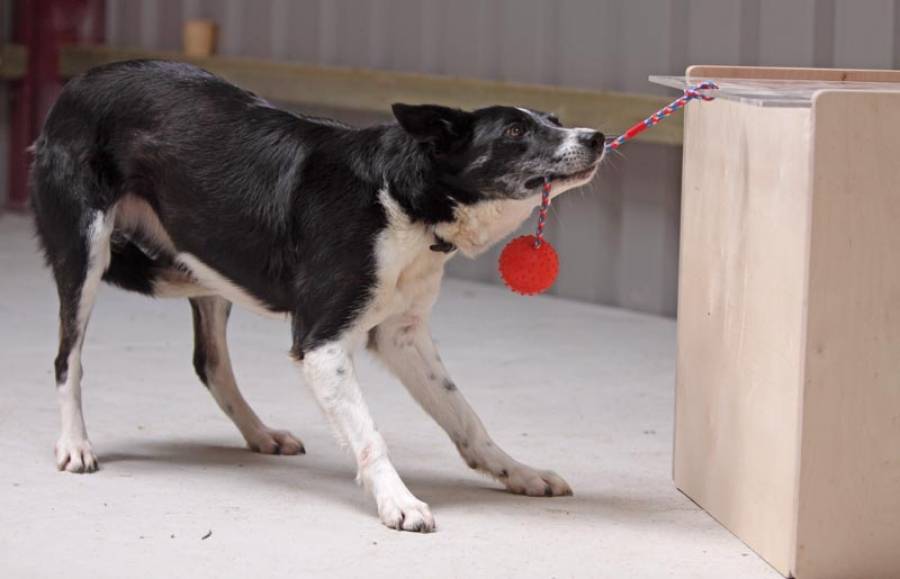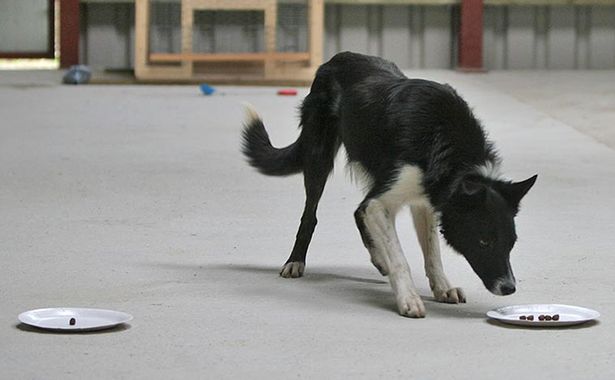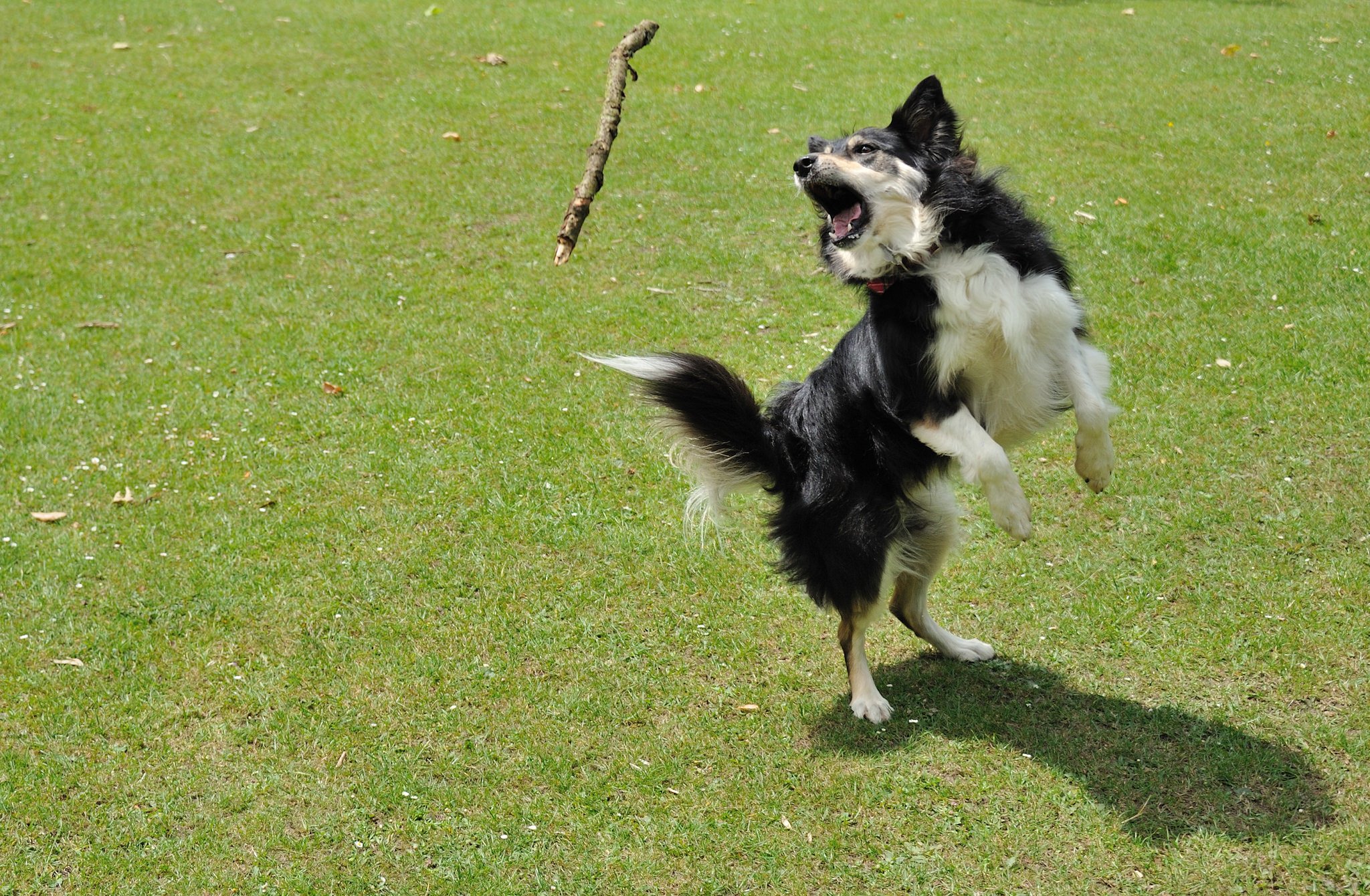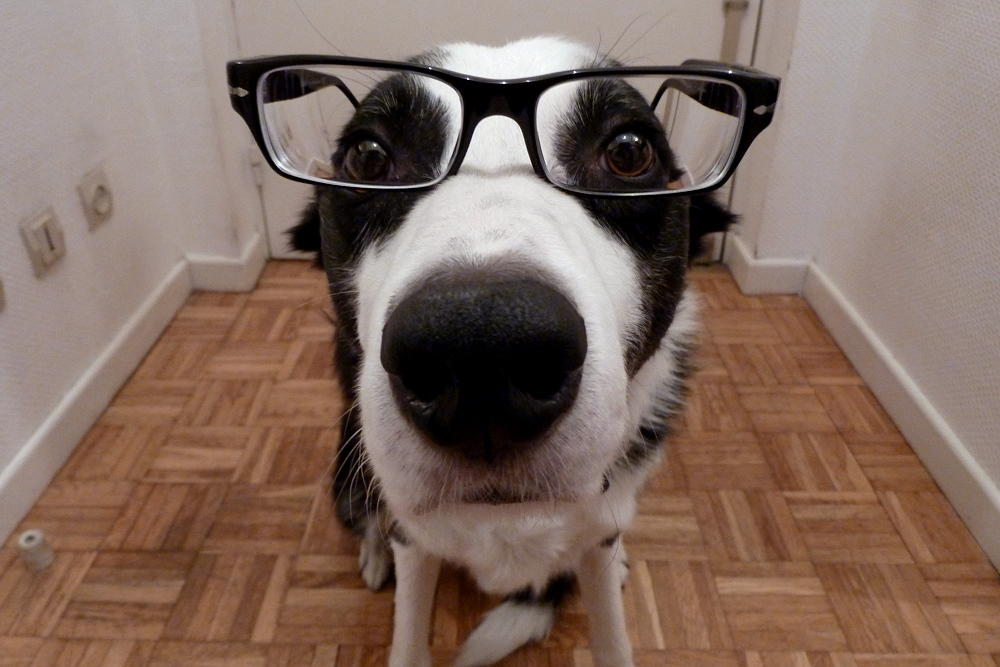Pets are often like kids. We cuddle with them, spoil them, and miss them terribly when we're away. Many pet parents are also firmly convinced that their fur-baby is the smartest in the world (especially when that pet is a dog).
It's no secret that dogs are intelligent creatures — like this one who saved a bald eagle from freezing to death. They understand our commands, and respond to our emotions. Some people feel that this is a demonstration of intelligence, but others say it's just a result of the unique relationship between man and dog over thousands of years.
So are dogs really smart or have they just learned to read us so well that, like small children, they can infer meaning from our gestures and use that to solve problems?
A recent study published in the journal Intelligence set out to test canine brain power in hopes that what they discovered could teach us something about our own health and intelligence.
The study involved three simple tests that any dog owner can perform at home. Scroll through below for new ways to test your doggie's smarts!
Will you be putting your pup to the test? Let us know in the comments.

Scientists from the London School of Economics and Political Science (LSE) and the University of Edinburgh believe that if they can prove smarter dogs live for longer, then they can use them to study long-term health problems such as dementia.
So they devised an IQ test for dogs that they claim could help understand the link between intelligence and health.
For the study, they rounded up 68 border collies and put them through a series of three cognitive tasks.

The first test was designed to test a dog's navigational skills.
Scientists hid food behind a clear barrier so the dogs could see it (and probably smell it) but couldn't get directly at it without figuring out how to remove the barrier. Each dog was timed to see how long it would take it to solve the problem.

The second test was designed to assess whether the dogs could tell the difference between quantities of food.
Two plates were set out, one with a scoop of kibble, the other with just one piece of kibble. Dogs who chose to eat off the plate with more were considered smarter.

The last test was designed to measure how effectively the collies managed to follow human orders.
Their humans were instructed to point to an object, and the dogs were assessed on their ability to determine what exactly it was the human wanted.
All three tests were administered in one hour or less. The dogs with the highest accuracy and fastest times were considered the most intelligent.

The results showed that dogs that did well on one test tended be better at the other tests as well. Furthermore, dogs that were able to complete the tests faster were more likely to do them accurately.
So what does this mean?
Dr. Rosalind Arden, a Research Associate at LSE, said: “Just as people vary in their problem solving abilities, so do dogs, even within one breed. This is significant because in humans there is a small but measurable tendency for people who are brighter to be healthier and live longer."
Testing this link in humans is hard because there are so many socioeconomic differences between us that impact our intelligence. Dogs have far fewer of these differences, so studying links between their intelligence and health can help us learn more about our own.

Dr. Mark Adams, research fellow at the University of Edinburgh, said that dog IQ tests “could rapidly improve our understanding of the connection between dog intelligence, health, even lifespan, and be the foundation of ‘dognitive epidemiology.’
“Dogs are excellent for this kind of work because they are willing to participate and seem to enjoy taking part.”
Will you be trying out these three simple tests with your dog? How did they do? Let us know in the comments.
Please SHARE if you know someone with a smart doggie that would ace this test!




